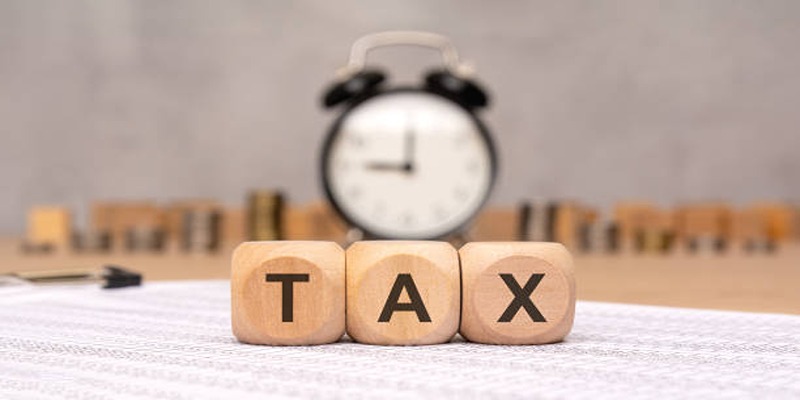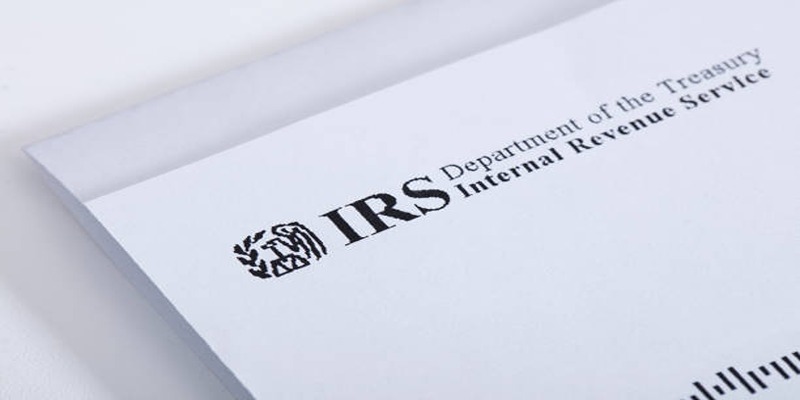Filing taxes can be stressful and time-consuming, with complex codes and endless paperwork. But AI is changing the game, making tax preparation simpler and more efficient. From reducing errors to streamlining the process, AI is transforming how individuals, accountants, and small business owners manage taxes. This blog explores how AI is revolutionizing tax season, taking the hassle out of filing and saving you time.
The Role of Artificial Intelligence in Tax Preparation

Artificial intelligence might seem like a buzzword, but its impact on tax preparation is substantial. At its core, AI involves using advanced algorithms and machine learning models to solve complex problems. When applied to taxes, it can streamline data collection, ensure compliance, and reduce human error.
But AI doesn’t stop at simply automating repetitive tasks. It learns and adapts to evolving tax laws, making the technology both efficient and up-to-date.
The Benefits of Using AI in Tax Preparation
AI technology offers numerous advantages for those looking to simplify their tax-related tasks. Here are some top benefits worth noting:
1. Time-Saving Automation
Gone are the days of manually sifting through piles of receipts and paperwork. AI tools can scan, categorize, and upload documents in seconds, freeing up valuable time for individuals and businesses alike.
For instance, accounting software like QuickBooks and Xero integrates AI-powered automation that scans invoices, matches transactions, and pulls relevant data into tax forms automatically.
2. Error Reduction
Tax errors can lead to penalties, IRS audits, or missed deductions. With AI systems, such mistakes are significantly reduced. These smart tools can cross-reference data against tax codes and flag potential issues before submission.
Take TurboTax, for example. The platform uses AI algorithms to verify entries, suggest corrections, and ensure your return complies with the latest regulations.
3. Cost Efficiency
Hiring a tax professional can be costly, especially for individuals or small businesses operating on a tight budget. By using AI tools, users can access professional-grade assistance without the steep price tag.
While these tools don’t entirely replace CPAs or tax advisors, they can handle simpler filings at a fraction of the cost.
4. Personalized Deductions and Insights
AI doesn’t just streamline tax preparation; it can actively help you save money. By analyzing past transactions and financial habits, AI platforms can recommend personalized deductions you might otherwise miss.
For instance, AI-based tools can identify potential deductions for freelancers, such as home office expenses or travel costs, by analyzing patterns within financial data.
5. Up-to-Date Compliance
Tax laws are constantly changing, making it difficult to stay compliant without dedicated expertise. AI tools, however, are designed to adapt to these changes automatically, ensuring your filings are always up to date.
This feature is particularly beneficial for businesses operating in multiple jurisdictions where tax regulations vary.
How AI Enhances Different Areas of Tax Preparation
AI’s influence spans across various aspects of tax preparation, making it a key ally in the process. Here’s how it’s transforming specific areas of taxation for individuals, small businesses, and enterprises.
Simplifying Individual Tax Filings
For individual taxpayers, platforms like H&R Block and TurboTax are integrating AI for a smoother filing experience. AI assists users by asking personalized questions, flagging errors, and even suggesting deductions they may not know about.
For example, if you’re filing as a freelancer, AI might remind you to claim deductions for office supplies, internet bills, or business lunches. It can also predict potential refund amounts in real-time based on your income and expenses.
Streamlining Small Business Taxation
Small businesses often face unique challenges, especially with quarterly filings, payroll taxes, and sales tax compliance. AI tools can tackle these hurdles with ease.
AI-powered platforms like Bench and Zoho Books can automatically reconcile accounting records, calculate taxes owed, and send reminders for payment deadlines. For small business owners, these features translate into less stress and fewer late fees.
Enhancing Compliance for Enterprises
For larger enterprises, tax preparation isn’t just about compliance but also strategic planning. AI tools like Thomson Reuters ONESOURCE and Avalara provide advanced solutions catered to complex business structures.
These platforms offer global tax compliance, real-time audits, and predictive analytics to identify trends, opportunities, or risks. By leveraging these capabilities, enterprises can minimize their tax liabilities and ensure seamless operations.
Real-Life Examples of AI in Tax Preparation
To better understand the impact of AI, here are a few real-world examples showcasing its use in tax preparation.
1. Ontop
A fintech startup, Ontop, uses AI to automate contractor payments and cross-border taxation. Instead of navigating tricky regulatory environments, the platform calculates applicable taxes and submits necessary filings on behalf of businesses.
2. Intuit’s TurboTax Live
One standout feature of TurboTax Live is its AI-powered chat assistant, which connects users to a network of human tax professionals. The system blends AI efficiency with human expertise, offering a hybrid model that caters to all types of tax filers.
3. EY’s Tax AI Lab
Ernst & Young (EY), one of the world’s largest accounting firms, introduced its Tax AI Lab to develop cutting-edge solutions for managing global taxation. The lab acts as a space to pioneer machine learning models capable of analyzing massive datasets from multinational corporations.
Challenges and Limitations of AI in Tax Preparation
While AI is clearly transforming the tax industry, it’s not without its challenges. These include the following concerns:
- Data Privacy: Tax preparation involves sensitive information, and not all tools offer the same level of data encryption or protection.
- Complex Filings: For very intricate tax situations, such as mergers or international business, human expertise is still necessary.
- Technological Barriers: Smaller firms may not have the resources to adopt high-end AI systems or train staff accordingly.
Despite these challenges, the benefits far outweigh the limitations for most users.
How You Can Leverage AI for Taxes

If AI has piqued your interest, here’s how to start integrating it into your tax preparation process.
- Choose the Right Platform: Begin by selecting an AI-powered accounting or tax tool that aligns with your needs. Whether it’s QuickBooks for small business owners or TurboTax for individuals, the options are plentiful.
- Familiarize Yourself with the Features: Take time to explore the tool’s functionality. Many platforms offer tutorials or free trials, making onboarding simple and hassle-free.
- Consult a Tax Professional if Needed: While AI can handle most tasks, consulting a CPA is still valuable for resolving niche concerns or implementing broader tax strategies.
The Future of Tax Preparation
With advancements in AI accelerating at a rapid pace, the future of tax preparation looks incredibly promising. We can anticipate more personalized insights, enhanced compliance tracking, and even intuitive tools that can handle end-to-end filing.
The integration of blockchain technology with AI could further reduce fraud and improve transparency. Imagine a world where your taxes are filed seamlessly without you lifting a finger. AI is leading us closer to that reality every day.
Conclusion
Tax season doesn’t have to be an annual headache. By integrating AI into your approach, you can save time, minimize errors, and maximize your returns like never before. Looking to explore AI tools for tax preparation? Platforms like TurboTax and QuickBooks can help simplify the process, whether you’re an individual filer or managing a business. The future of tax preparation is smart, efficient, and AI-driven.












